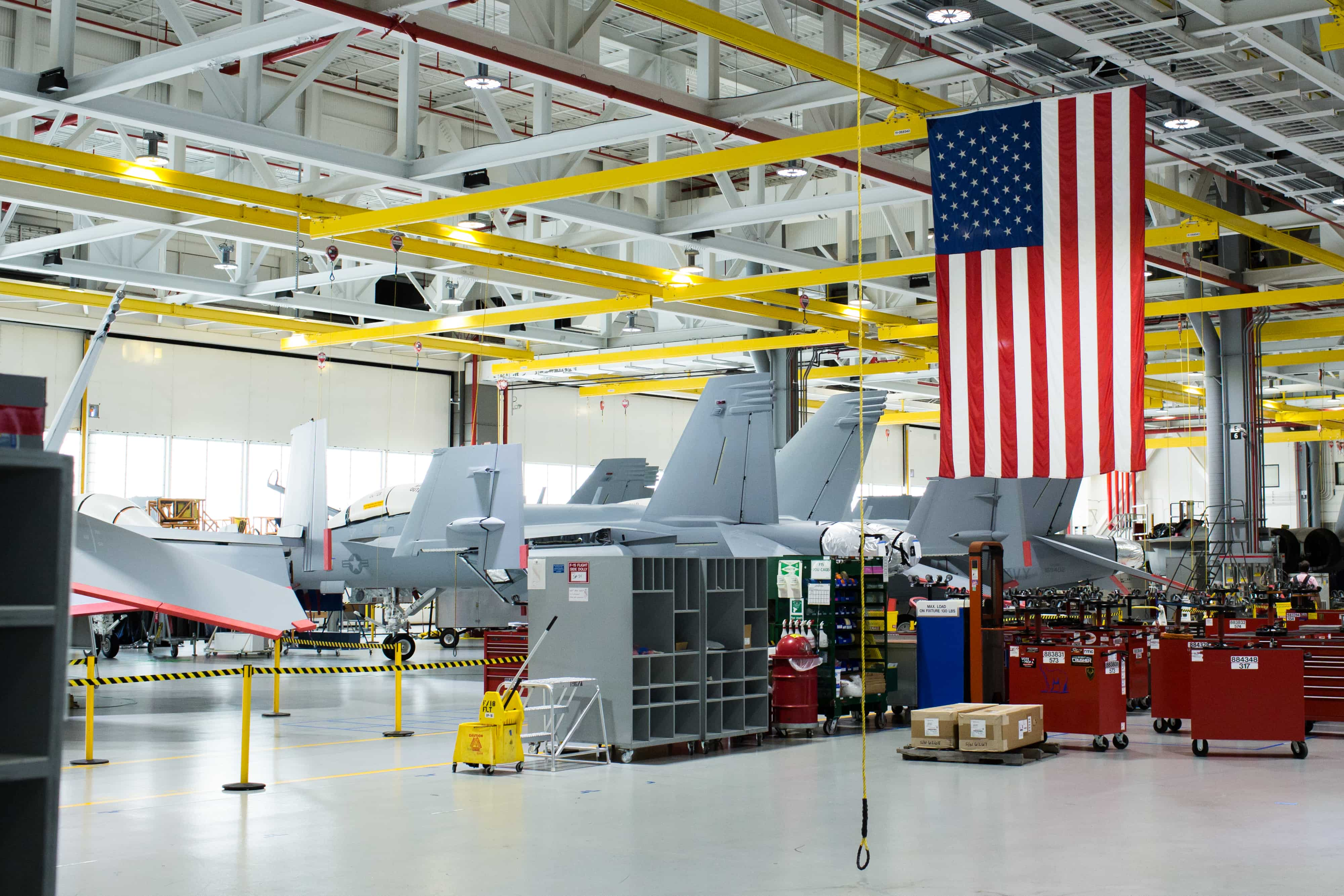
Workers at Boeing Co's St Louis-area defense factories are striking for the first time in almost three decades after union members rejected the company’s modified contract offer.
About 3,200 machinists walked off the job around midnight after members voted down a deal that would have raised wages by 20 percent and boosted retirement contributions. The union last went on strike in 1996, with the stoppage lasting 99 days.
"IAM District 837 members have spoken loud and clear, they deserve a contract that reflects their skill, dedication, and the critical role they play in our nation’s defense," Tom Boelling, the union local’s top official, said in a statement ahead of the deadline.
ALSO READ: Boeing sued by flight attendants over MAX 9 mid-air panel blowout
The labor action will amplify financial pressure on Boeing's defense and space division, which generates almost a third of the company’s revenue. At the same time, the operation that’s now gone on strike is far smaller than the civil aircraft business that was severely affected late last year by a walkout, which brought manufacturing in the Seattle area to a standstill for weeks and contributed to Boeing selling equity worth almost $24 billion.
"We are prepared for a strike and have fully implemented our contingency plan to ensure our non-striking workforce can continue supporting our customers," Dan Gillian, a Boeing vice president and senior St Louis site executive, said in a statement.
READ MORE: Boeing revival ahead of schedule as jet handovers stem cash burn
Union members build fighter aircraft such as the F-15, the T-7 training jet, missiles and munitions. They also manufacture components for Boeing’s 777X commercial jets. In March, Boeing won a contract to design and build the US's next-generation stealth fighter jet, beating out rival Lockheed Martin Corp. for the multibillion dollar program dubbed the F-47.
Boeing’s defense business was profitable for a second consecutive quarter, the company said last month, as it avoided charges that long dogged the business. The company also managed to improve the performance of fixed-price development programs responsible for the worst of previous overruns.
There's been a recent groundswell of activism at aerospace manufacturers, with unions gaining leverage amid shortages of highly skilled mechanics.
Machinists walked off the job for three weeks at Pratt & Whitney this year, contributing to engine shortages at planemaker Airbus SE Boeing's commercial factories were shut down by striking workers for two months in late 2024.
READ MORE: The world’s biggest passenger planes keep breaking down
Boeing Chief Executive Officer Kelly Ortberg downplayed the potential fallout from a strike during the company's July 29 earnings call.
"The order of magnitude of this is much, much less than what we saw last fall," Ortberg said, noting that the St Louis union is about 1/10 the size of the Seattle-based union that struck last fall. "I wouldn't worry too much about the implications of the strike. We'll manage our way through that."
Boeing had crafted its latest offer to address concerns raised by members of International Association of Machinists and Aerospace Workers Local 837 after they rejected its initial proposal last week, Gillian told reporters on July 31.
Boeing’s proposal to district members would see average wages increase to $102,600 from $75,000 for IAM 837 members. Boeing also eliminated a controversial schedule proposal and revised its 401(k) terms so that workers get the full contribution increase upfront instead of spread over three years.
Boeing cautioned that it would withdraw a $5,000 signing bonus and wouldn’t offer it again to workers if the contract wasn't ratified on Sunday.


